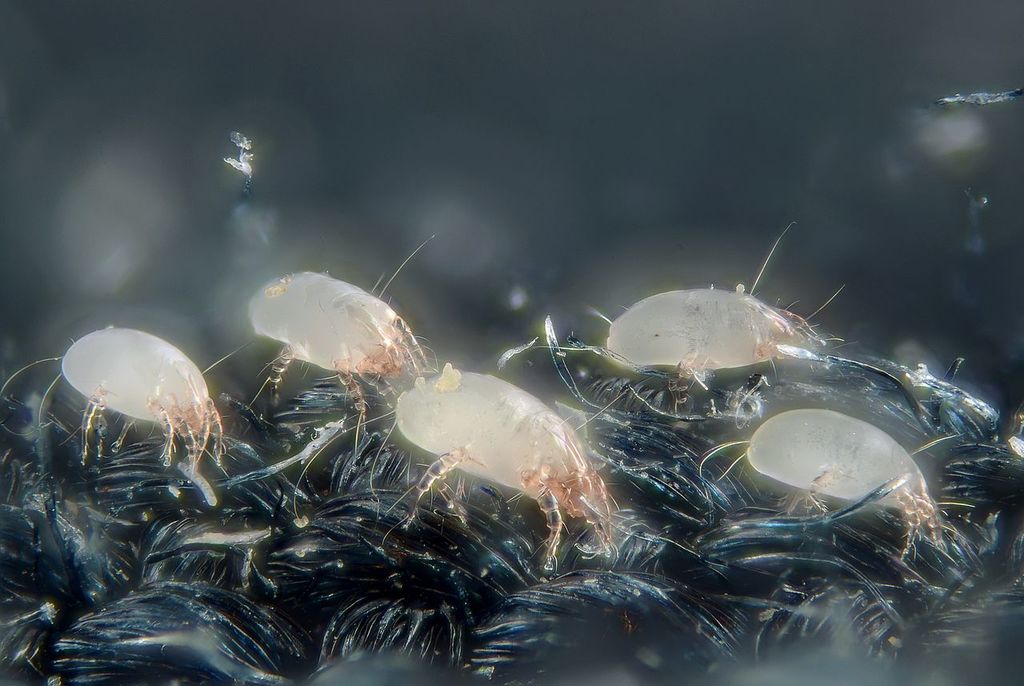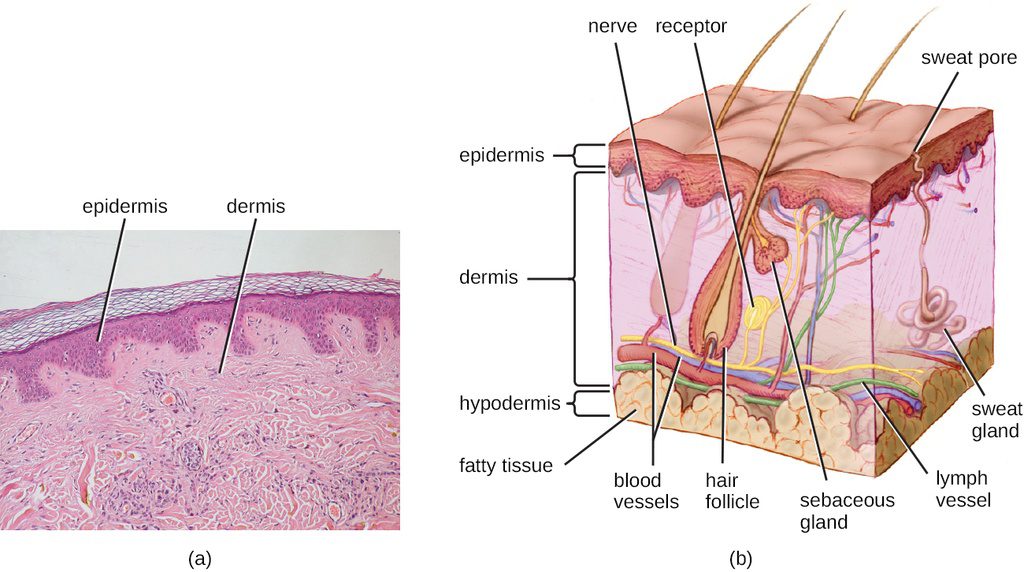Top 2 Main Theories Why People Develop Eczema Exposed
Two main theories, the “hygiene” and the “hypersensitive or genetic” theories are proposed as the rudimentary causes of eczema.
The exact cause of eczema has not been definitively identified. Primarily it is believed that combinations of hereditary and environmental elements unite to give rise to eczema in vulnerable humans. Here are the top 2 main theories why people develop eczema exposed. One is the hygiene theory and the other is the hypersensitive theory.
Eczema is associated with a chain of dry skin problems defined by rashes, inflammation, swelling, itchiness, crusting, peeling off, blistering, oozing out, breaking up and bleeding. All of these symptoms are not present in every case of eczema. Yet, the most familiar symptoms are dryness and itchiness. In prolonged cases, the skin could become discolored or thickened.
The hygiene theory proposes that kids raised in clean environments are more prone to having eczema as well as other allergy-related problems.
The hygiene theory says that kids who are brought up in clean surroundings are more probable to develop eczema and in addition may advance to other allergy-related conditions. These conditions include bronchial asthma and celiac disease. It has been discovered that exposure to bacteria and different immune system modulators are significant factors during the earliest growth period. Kids who do not experience these exposures are at increased risk of developing bronchial asthma and eczema.
Another possibility is that eczema takes place as a result of an allergic response to something in the person’s surroundings. It is thought that the body waste of the common house dust mite might be a strong element in stimulating eczema.
The hypersensitive or genetic theory proposes a number of factors that could be the underlying cause of eczema.
The hereditary factor to the cause of eczema is rather well established. It is known that the kids of parents who have or had atopic dermatitis, the medical name for eczema or definite atopic preconditions, such as asthma, have more potential to develop eczema.
There has also been evidence that aims at a fault in the defensive fat layer of the skin. It’s been determined that people who have eczema exhibit a fault in the layer of skin underlying the epidermis, which is the external layer of the skin, which makes it more porous than regular skin. As a result, moisture is lost from the lower-ranking levels of the skin resulting in dryness. Dry skin is among the primary initial symptoms of eczema.
In addition, it is known that there are a number of vulnerabilities, both environmentally and also things that we consume that add to the growth of eczema in a few people. It is acknowledged that atmospheric conditions impact the growth of eczema. Winter is a time when there is the potential for a lot of moisture loss from the skin. Winter is therefore a time when care must be taken to prevent the loss of moisture from the skin.
Really warm periods during the summertime are also times when eczema decides to break out. Unnatural sweating mixed with the high temperature combines to irritate the skin in addition to contributing to the deprivation of skin moisture.
Click on this link to see our post that discusses The Most Effective Cream or Lotion For Eczema for an effective plan for treatment to reduce or eliminate flare-ups.
A lot of foods have come to be known for setting off eczema flare-ups in people who have eczema. Foods such as certain seeds, dairy products, and seafood are just of few examples. The fact is that any nutrient could be a trigger for eczema, as each person will be reactive to different foods. So as you can see, the top 2 main theories why people develop eczema are an intricate range of genetics and environmental elements.
The top 2 main theories why people develop eczema are not the only theories discussed.
There are other theories talked about as well when it comes to why people develop eczema. That is why it is really a complicated ailment and affects lots of different people in different ways. There are actually 5 different forms of eczema and they affect different groups of people sometimes based on their age or current health status. One thing is certain, however, finding a good natural treatment has been shown to be able to bring eczema under control in many cases and let the patient lead a fairly normal life.


